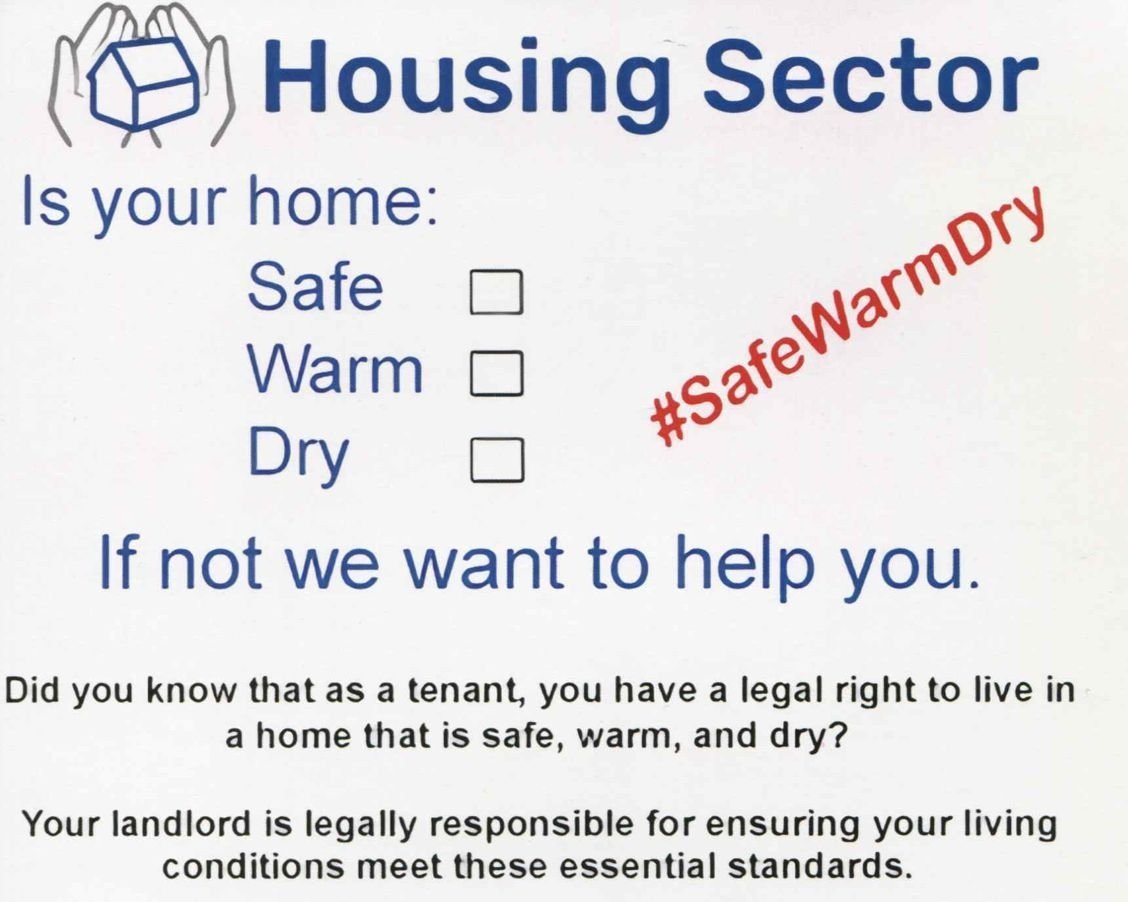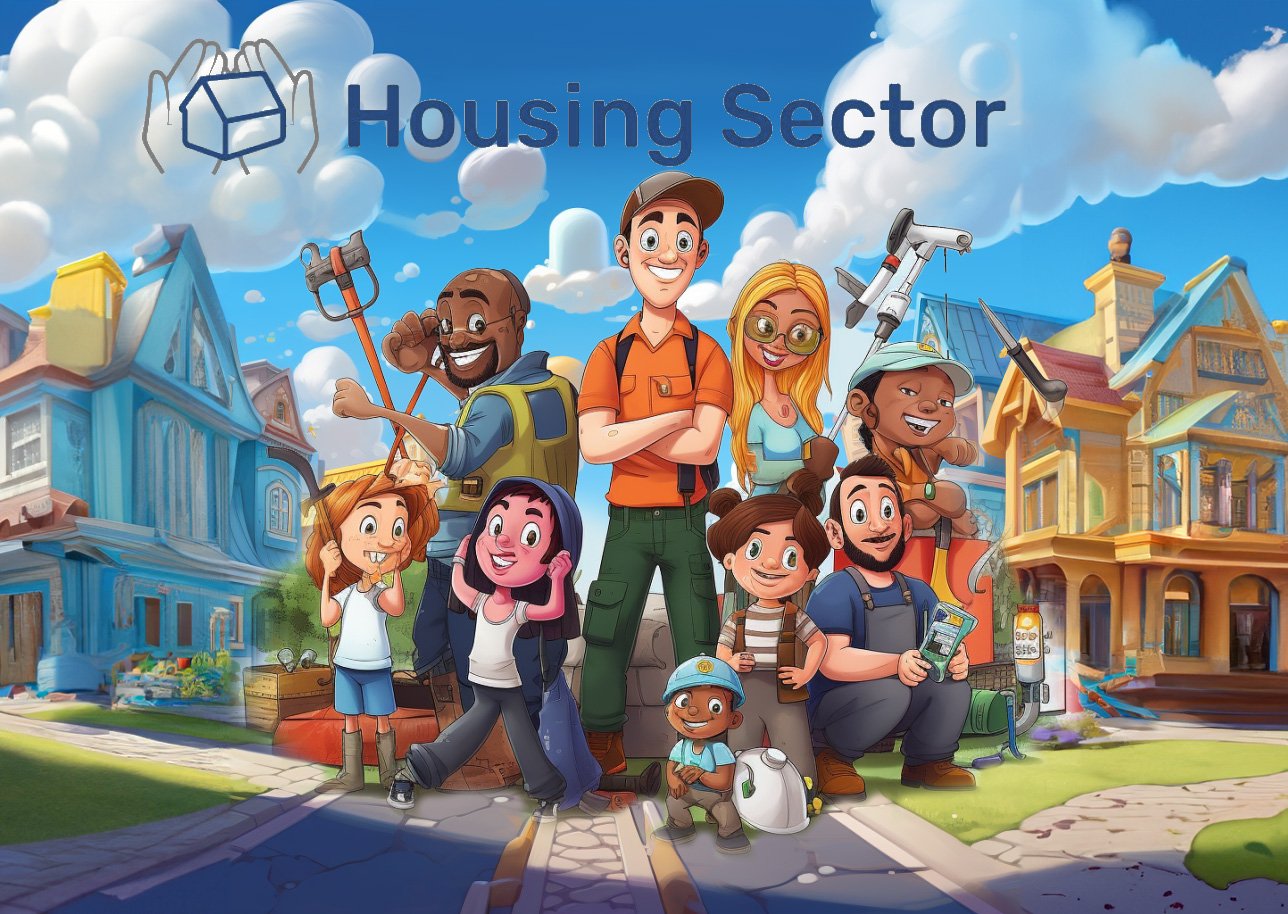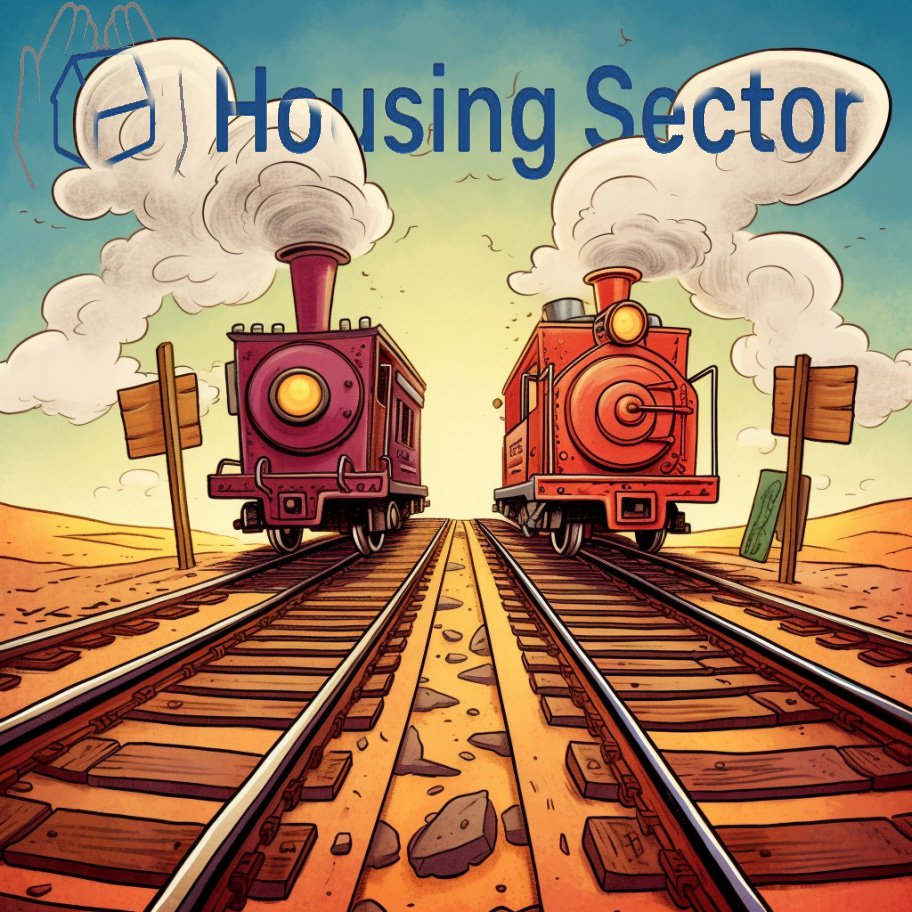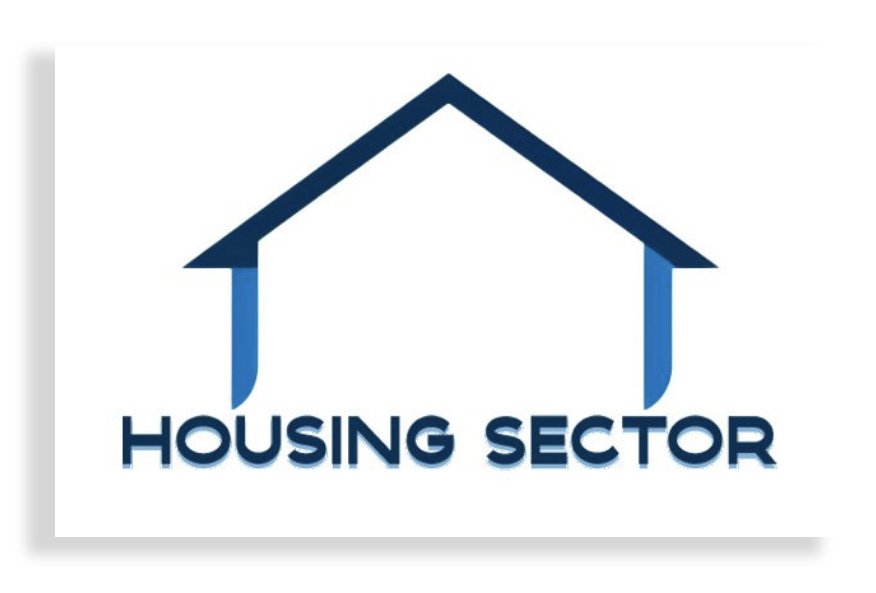
Launching #SafeWarmDry A Community-Led Project for Safer Homes in Oxford
At Housing Sector, we're thrilled to kick off this February with a dedicated initiative aimed at making homes in Oxford safer, warmer, and drier. The #SafeWarmDry campaign is more than a project, it’s a community-driven movement to empower residents and address housing challenges. Join us in creating positive change and ensuring every home in Oxford is safety warm and dry.

Fines Vs. Safety
The spotlight has once again focused on the delicate balance between safety and financial considerations. Recent observations have unveiled a disconcerting trend among certain housing providers - the tendency to prioritise paying fines and legal fees over addressing the underlying safety issues and meeting the expected standard of service that residents rightfully deserve.

Freedom to Critique and Shaping the Correct Response
Embark on a journey with our latest blog as we delve into the intricate balance of Freedom of Speech, mindful critiques, and responsible housing advocacy. In this blog, we uncover the power of community engagement, transparent communication, and the impact of constructive responses. Join us in navigating the challenges of housing issues, fostering social justice, and collectively empowering change. Let's shape a future where resident voices contribute to accountable living and a positive societal impact.

An update!
I'm excited to share a brief update on the latest developments at www.housing.sector.co.uk.
Last month, I embarked on a six-month sabbatical. I want to bring everyone up to speed on the latest developments with the website and our plans for the future.

Unlocking Collaboration
Today, we are addressing a recent development that has prompted us to reflect on our commitment to collaboration, transparency, and effective communication.
Yesterday, I received an email from the ICO regarding a data protection complaint brought forth by GreenSquareAccord (GSA). Instead of initiating a direct conversation with us, GSA chose to approach the Information Commissioner's Office (ICO) with their concerns. This decision left us again pondering the missed opportunity for dialogue and cooperation.

“It's Good to Talk” - The Power of Mediation
The challenges of resident satisfaction and effective communication can sometimes lead to strained relationships and escalating conflicts. Yet, amidst the complexities of managing properties, it's worth revisiting an age-old adage: "It's good to talk.”
This simple phrase encapsulates the essential role that communication and mediation play in resolving disputes and rebuilding trust within the housing sector.

Shared Ownership Resources: Championing the interests of shared owners and homebuyers
I had a fascinating video interview with Sue Phillips (FCCA), the founder of Shared Ownership Resources, and I’m happy to share the insights gained from our conversation. First and foremost, I want to express our gratitude to Sue for sparing her valuable time and shedding light on the incredible work she's been doing.


Limited Knowledge Vs. Restricted Knowledge
In the intricate landscape of the UK housing sector, the quality of customer service plays a pivotal role in shaping the experiences of residents and customers. Two distinct yet interconnected challenges that arise in this domain are limited knowledge and restricted knowledge. These issues can significantly impact how information is relayed, problems are addressed, and the overall satisfaction of residents with their housing providers.

Your Stock, Our Homes. The Power of Empathy…
Discover the power of empathy and how it can rebuild trust, enhance resident satisfaction, and elevate your housing association's reputation. The significance of empathy and understanding cannot be overstated. It is essential for housing providers to recognise the emotive nature of issues that affect people's homes, families, and overall quality of life. In this blog, we shed light on the pressing need for empathy within the housing sector and the profound impact it can have on residents.

Calling All Housing Champions!
In today's rapidly changing world, housing has emerged as one of the most critical issues affecting communities.
Housing Champions are individuals who actively engage with their communities to help resolve housing issues and improve living conditions for all. They offer best practice advice and guidance, assisting residents in navigating complex housing systems and regulations. Their role involves amplifying the voices of others, assisting in lodging complaints, and advocating for fair treatment and accountability.

Data - The Big Risk?
In the digital age, data has become the lifeblood of organisations, enabling personalised services and enhanced customer experiences. However, with this great reliance on data comes the inherent risk of data breaches and compromise of sensitive information. Housing associations, responsible for providing safe and secure homes, are not immune to this threat. Recent incidents have raised critical questions about the impact, prevention measures, and risks faced by both providers and residents.

Parallel Journeys, Different Destinations
Since 2016, I, as a resident, have embarked on an arduous battle with my housing provider. Our shared mission has always been to support residents and ensure safe homes, yet it has become increasingly evident that we are heading towards divergent destinations. In this article, I’ll delve into the disconcerting revelations from the Housing Ombudsman's report, highlighting the traits that hinder my provider from attaining the esteemed title of a "simply brilliant landlord."
I’ll shed light on my personal initiatives (the creation of two websites) in an effort to lend a voice to fellow residents who have been silenced by their housing providers. It has become apparent that while my actions speak louder than their words, as we explore the transformative journey and invaluable lessons I have acquired along the way.

AI & The Housing Sector - The Future is now
The UK housing sector, like many other service providers, is on the verge of a transformative revolution as artificial intelligence (AI) emerges as a powerful tool. The leap in AI capability has soared over the last six months, and what would have been viewed as the stuff of science fiction just a year ago is now poised to support housing authorities, tenants, and communities.

The Ten Commandments for Housing Providers
As we mark the one-year anniversary of The Housing Sector website, we invite you to join us in embracing these essential principles. From fostering community and inclusivity to promoting transparency and accountability, these ten commandments empower providers to create a more equitable and responsive housing environment. Explore these transformative guidelines and embark on a journey towards a sector that truly serves the needs of tenants and communities.

The Impact of using Communication Plans to Silence Residents
Communication is a critical component of any healthy relationship, and this is especially true in the context of housing, where residents rely on effective communication with their providers to ensure a safe, comfortable, and secure living environment. Communication plans are often developed by housing providers to outline the strategies, goals, and objectives for effective communication with residents.
Unfortunately, some housing providers have been accused of using communication plans to limit or even silence resident voices. When communication plans are used as a tool to suppress resident feedback and limit communication channels, the impact on residents can be severe. Silencing residents can create a lack of trust, a sense of helplessness, and can result in serious health and safety risks.

Addressing Toxicity in Housing: Steps for Repairing Relationships Between Residents and Providers
Discover the parallels between personal and professional toxic relationships, and how they impact mental health and wellbeing in the context of housing providers and residents. Learn to recognise the signs of toxic relationships, and explore practical steps that both parties can take to address and repair these relationships. From communication skills to conflict resolution and empathy training, find insights and strategies for building positive, healthy relationships and overcoming toxic behaviour in housing.

UK Government's Social Housing Reforms: What You Need to Know
In August 2018, the Ministry of Housing, Communities and Local Government published a green paper titled "A new deal for social housing," outlining five principles to create a new, fairer deal for social housing residents. The government's response to the call for evidence highlighted concerns about safety and quality, poor handling of complaints, and tenants feeling unheard. The government published a social housing white paper on 17 November 2020, which set out measures to reinforce the regulator's objectives, empower residents, and encourage investment in neighbourhoods. Although the white paper was generally well received, stakeholders expressed concerns over the pace of the proposed reforms, tenants' representation, and resource implications for social housing providers.

Stuck in Silence: The Hidden Costs of Poor Communication in the Housing Sector
In this blog post, we'll explore the communication challenges faced by housing associations and the hidden costs of poor communication. We'll also provide practical tips for improving communication with tenants, handling difficult conversations, and training your staff to communicate effectively. By the end of this post, you'll have a better understanding of the far-reaching impacts of poor communication in the housing sector and the urgent need for effective communication practices that prioritise tenant well-being and satisfaction.

The Service Charge: Understanding the What, Why, and How.
In this blog post, we will delve into the issue of service charges from a housing association tenant's perspective. We will explore ways in which housing associations can reduce costs, examine the impact of service charge increases on tenants, and discuss why tenants may feel they are not receiving value for money.
